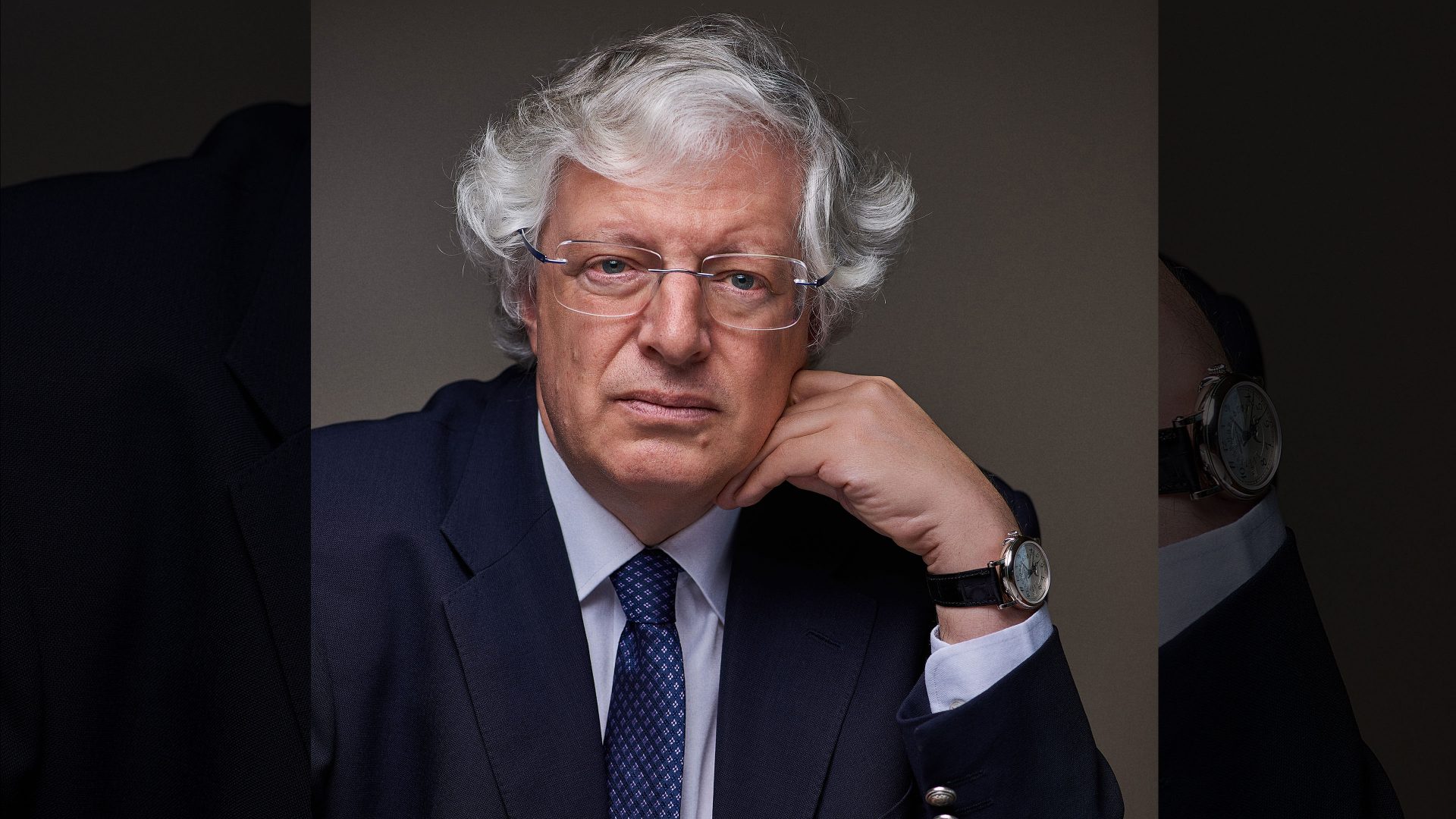As the 2025 review of the Trade and Cooperation Agreement (TCA) between the European Union and the United Kingdom draws closer, the need for a rigorous and comprehensive audit becomes increasingly apparent. Such scrutiny, as history has shown, can identify shortcomings, inform better decision-making, and steer policies in the right direction.
Past public inquiries, such as the Chilcot report on the Iraq war and the Franks report on the Falklands war, serve as cautionary tales. Each of these inquiries underscored the significance of thorough scrutiny and evaluation of foreign policy decisions and their ramifications. They revealed deficiencies in intelligence, decision-making processes, and transparency, emphasising the importance of careful analysis before making critical choices.
As the review of the TCA approaches, it is essential to conduct a meticulous audit in the same vein as the Chilcot and Franks reports. Such an audit will help to ensure that the TCA remains an effective and mutually beneficial agreement for all parties involved. A detailed audit should focus on three primary aspects: the economic impact, security and foreign policy cooperation, and social and political implications.
A holistic assessment of the TCA’s economic impact requires considering both macroeconomic and microeconomic effects on the EU and the UK. The macroeconomic analysis should focus on variables such as GDP, trade balance, and employment rates, as well as potential disruptions to global supply chains.
Microeconomic analysis, on the other hand, should investigate the consequences for specific sectors such as automotive, agriculture, and financial services. Understanding the TCA’s economic impact enables the identification of areas that may need adjustments or support, ensuring equitable distribution of benefits and mitigation of adverse effects.
The TCA provides a framework for cooperation in various policy areas, including law enforcement, judicial cooperation, and foreign policy. Evaluating the effectiveness of these arrangements requires assessing the robustness, efficiency, and adaptability of the cooperation mechanisms to evolving threats.
The audit should examine the effectiveness of information-sharing and joint operations in combating cross-border crime, terrorism, and cyber threats. It should also analyse the efficiency of extradition procedures, mutual legal assistance, and asset recovery efforts, and assess how well the TCA facilitates coordinated responses to international crises, conflicts, and humanitarian emergencies.
By exploring these areas, potential weaknesses in the TCA can be identified, and improvements recommended that would enhance security and stability for both the EU and the UK.
Furthermore, the TCA audit must delve into its impact on citizens’ rights, the environment, and other areas of public interest.
The audit should examine provisions for EU citizens living in the UK and British citizens living in the EU, assess the TCA’s impact on the protection of consumer rights, data privacy, and digital services, and evaluate the effectiveness of commitments to reduce greenhouse gas emissions, promote renewable energy, and preserve biodiversity. Additionally, the audit should consider the TCA’s impact on workers’ rights, such as ensuring fair wages, safe working conditions, and the right to organise.
By conducting such an audit, drawing on the lessons of previous public inquiries, we can ensure that the TCA serves the best interests of both the European Union and the United Kingdom, fostering a better and more settled relationship between them in the post-Brexit world we now navigate.
Tobias Ellwood is the Conservative MP for Bournemouth East and chair of the Defence Select Committee



